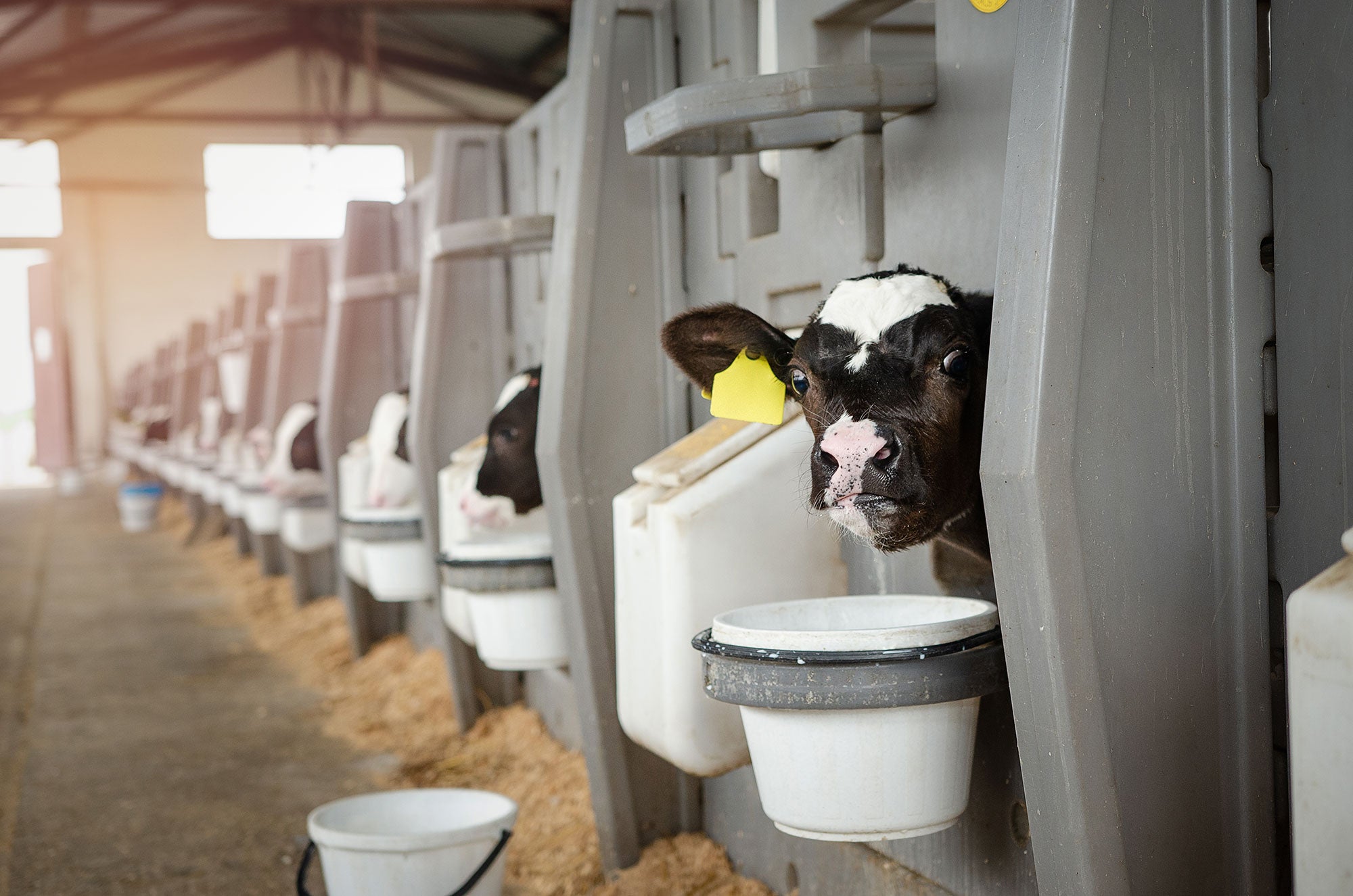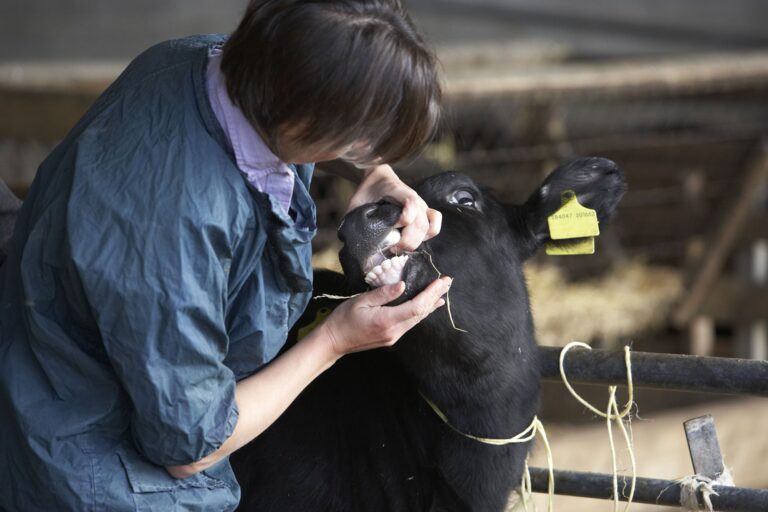A new study identifying genetic factors contributing to bovine tuberculosis susceptibility could represent an important step in the fight against the disease in cattle, and the zoonotic threat it poses to humans.
Researchers at University College Dublin, University of Edinburgh, and ETH Zurich have identified several key genes and pathways involved in the bovine response to Mycobacterium bovis (M. bovis), the causative agent of tuberculosis in cattle.
Bovine TB remains a serious issue in many countries around the world, including in Ireland, and surveillance and control programmes impose a significant financial burden on national exchequers.
Human TB is the world’s most enduring pandemic, and every year, more than 10 million new cases are reported.
Human populations, particularly in the Global South, are also impacted by zoonotic TB (zTB), which is caused by M. bovis that has been directly transmitted from cattle or indirectly by contaminated food.
This research work, published in the journal Communications Biology, involved a novel computational analysis that pinpointed 115 genes associated with bTB susceptibility.
“Our paper describes the first scientific study that directly links genetic variation underpinning bovine TB disease susceptibility to the activity of individual genes. Importantly, it signposts future research to develop new diagnostics and tools for breeding cattle with enhanced disease resilience,” said Professor Eamonn Gormley, Director of the bTB Diagnostics Laboratory, UCD School of Veterinary Medicine.

The new insights could help explain immunological responses during human TB, as at a genomic level, M. bovis is near (99.95 percent) identical to Mycobacterium tuberculosis, the main cause of the disease in humans.
“The close evolutionary relationship between the pathogens that cause TB in cattle and humans, coupled with similar host immune responses, means that these methods and results may be transferable to our species,” said Professor David MacHugh, Animal Genomics Laboratory, UCD School of Agriculture and Food Science.
“Globally, TB represents a significant burden on human and animal health, which can be most effectively tackled using a One Health strategy that draws on new scientific knowledge from research work across human, livestock, and other animal populations.”
To discover how cattle respond to M. bovis infection, the researchers analysed gene activity in the blood of bTB-infected cattle. They integrated their findings with genome sequence data to identify thousands of genomic variations that affect the function and behaviour of cells.
A transcriptome-wide association study (TWAS) was then performed, combining this data with existing bTB susceptibility genome-wide association study (GWAS) data sets.
A GWAS is a method that examines genetic variants in different individuals or animals to see if any mutation is associated with a particular trait or disease and, in this context, to determine those genes associated with bTB susceptibility.
This robust analysis identified several genes with known roles in immune responses to the bacteria that cause bTB.
“Our results suggest that genetic variation affecting the initial proinflammatory immune response to M. bovis contributes to an animal contracting the disease as they are unable to effectively clear the infection,” said John O’Grady, PhD student and lead author, Animal Genomics Laboratory, UCD School of Agriculture and Food Science.
“The study also provides important new information on the cellular and immunological pathways that are perturbed and reprogrammed by these infections.”


:max_bytes(150000):strip_icc()/100867484_wheat-ed84884a12c94cf38d0749472f0cf1a3.jpg)
:max_bytes(150000):strip_icc()/54567219870_b2c03840fc_o-9ddb6162d60a477aa91843b1e1051542.jpg)
:max_bytes(150000):strip_icc()/Wetland-Conservation-Indiana-2-2000-8e1d2649f7604bb58dfb1b25c60e46fd.jpg)



:max_bytes(150000):strip_icc()/court-room-ext-1536x1152-6592426e038e4ef882e33f3bc2ffb9e5.jpeg)
:max_bytes(150000):strip_icc()/2308-01-102_pigs-71b4562acd7d4d05a56228de83fb9ac9.jpg)
:max_bytes(150000):strip_icc()/Kevin-Matthews-top-dress-IMG_3453-ebfbac179cff440b925850196e55b0c0.jpg)